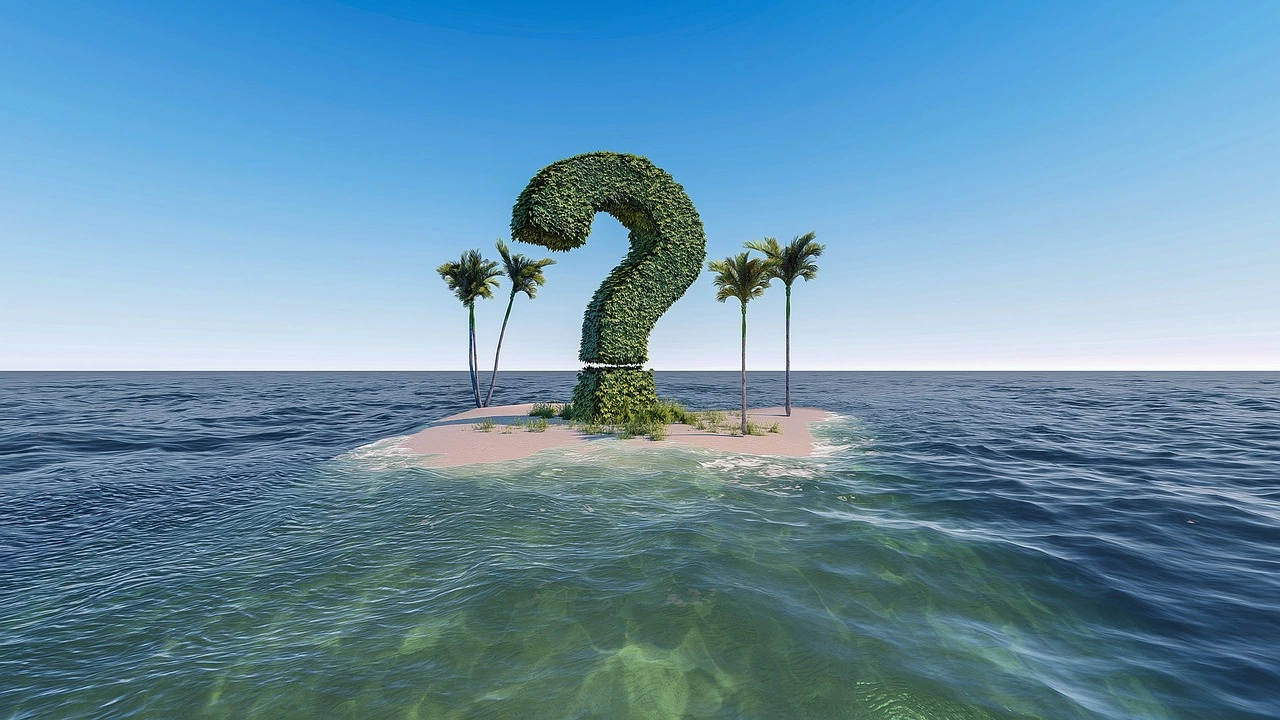Table of Contents
Introduction

Image by Gerd Altmann from Pixabay
Exploration and discovery involve venturing into unknown territories, frontiers of knowledge, or mental realms, driven by curiosity, understanding, and pushing knowledge boundaries.
Exploration significantly impacted human history, advancing science, technology, and culture. Courageous individuals expanded trade, promoted cultural exchanges, and enhanced global understanding through exploration-related discoveries.
Curiosity drives exploration, inspiring people to seek answers to problems beyond their knowledge. This natural desire for knowledge drives scientific advancements, new territories, and cosmos-solving. Curiosity is crucial for human advancement and knowledge pursuit, making it an essential aspect of human development.
Early Explorers and Ancient Discoveries
Ancient civilizations and their exploration efforts
1. Egyptians and the exploration of the Nile
- Especially along the Nile River, the ancient Egyptians were early exploration pioneers.
- They traveled the Nile to create trade routes, discover new areas, and deepen the grasp of their society’s lifeblood.
- The Egyptians could gain valuable resources through exploration of the Nile, trade with their neighbors, and increase their power.
2. Phoenicians and their maritime expeditions
- Famous mariners and traders, the Phoenicians, made perilous nautical excursions throughout the Mediterranean.
- They concentrated their exploring efforts on developing trade networks, settling new lands, and looking for precious resources.
- Phoenicians expanded culture, goods, and knowledge through exploration in distant lands.
3. Chinese explorations under the Ming Dynasty
- Chinese explorers launched spectacular naval missions throughout the Ming Dynasty under the command of individuals like Admiral Zheng He.
- The “Treasure Voyages,” often called, had three main objectives: establishing Chinese domination, widening trade networks, and projecting power.
- The fleet of Zheng He traveled to far-off places like East Africa, the Arabian Peninsula, Southeast Asia, and India, promoting cultural exchanges and showcasing China’s technological advancements.
Greek and Roman explorers
1. Alexander the Great and his conquests
- A famous Greek conqueror named Alexander the Great oversaw one of the most important exploration and conquest operations in history.
- He explored and conquered huge lands, from Greece to Egypt, Persia, and even as far as India, because of his desire.
- In addition to widening Greece’s sphere of influence, Alexander’s expeditions promoted cultural exchanges that helped spread Hellenistic culture throughout his conquered lands.
2. The voyages of Pytheas and Eratosthenes
- Greek explorer Pytheas embarked on a spectacular journey to explore northern Europe, making it as far as Britain and perhaps Scandinavia.
- His writings created the idea of the Arctic Circle and offered useful knowledge about far-off places.
- The concept of latitude and longitude was created by the Greek mathematician Eratosthenes, whose precise calculations of the Earth’s circumference and development of these concepts greatly aided subsequent explorations.
3. Roman exploration of the Mediterranean
- Romans explored the Mediterranean Sea extensively.
- Roman explorers and navigators mapped the seas, developed trade routes, and colonized lands, extending Roman authority throughout the area.
- Roman exploration facilitated trade in goods, ideas, and cultural practices, which helped the Roman civilization become more cohesive.
Age of Discovery
European maritime exploration
1. Motives for exploration (e.g., trade, religion, scientific curiosity)
- Many factors influenced European exploration during the Age of Discovery.
- Economic concerns were crucial, such as the lookout for new trade routes and precious commodities.
- Explorators sought new regions and converted native populations, driven by religious goals.
- Explorers pursued dangerous journeys to advance scientific knowledge and curiosity.
2. Portuguese explorers
- Portuguese explorers greatly aided the early European marine missions.
- Vasco da Gama circumnavigated the Cape of Good Hope, connecting India.
- Bartolomeu Dias reached the Indian Ocean by sea.
3. Spanish explorers
- Christopher Columbus discovered the Americas in 1492 under the Spanish flag.
- Ferdinand Magellan’s 1519-1522 circumnavigation established Earth’s roundness and advanced geographic knowledge.
4. Dutch explorers
- Dutch explorers made important contributions to marine exploration during the Age of Discovery.
- The first known European to set foot in Australia was Willem Janszoon in 1606.
- Abel Tasman mapped Australia, New Zealand, Pacific Islands.
5. British explorers
- Sir Francis Drake, the English adventurer, sailed worldwide from 1577-1580.
- James Cook explored the Pacific in the 18th century.
Scientific discoveries during the Age of Discovery
1. Geographical and cartographic advancements
- At this time, European explorers substantially advanced navigational and cartographic methods.
- Precise maps were produced using new information on coasts, landforms, and sea routes.
- Sea exploration relied on navigational tools like quadrants and astrolabes.
2. Biological and botanical discoveries
- European explorers discovered new flora, fauna, and biodiversity.
- Europeans first encountered undiscovered plants during America’s exploration.
- Natural science made progress as a result of studying and classifying species.
3. Astronomical observations and advances
- During the Age of Discovery, astronomical observations substantially contributed to science.
- Explorators used celestial navigation techniques to locate themselves at sea.
- Advancements in astronomy deepened our understanding of the universe.
Exploration in the Modern Era
Polar exploration
1. Expeditions to the North and South Poles
- Modern-day explorers concentrated on surviving the harsh conditions of the North and South Poles conditions.
- Many expeditions were launched to travel to these far-off places, overcoming challenging circumstances and testing the limits of human endurance.
2. Achievements of explorers like Robert Peary and Roald Amundsen
- Robert Peary claimed to reach the North Pole in 1909, but his accomplishment still needs to be determined. Roald Amundsen led the first definitively proven South Pole expedition in 1911.
Space exploration
1. United States vs. Soviet Union Space Race
- Space Race: Soviet Union US competed for space exploration milestones during Cold War.
- Through significant space accomplishments, both nations hoped to show off their technological and ideological superiority.
2. International space exploration efforts
- Space exploration endeavors became more collaborative as the International Space Station was built after the Moon landing (ISS).
- ISS is a multi-national space exploration project.
Deep-sea exploration
1. Submersibles and advances in underwater technology
- Advances in submersible and underwater vehicle technology have transformed deep-sea exploration.
- These vessels allow researchers and scientists to explore the deep oceans, solving their mysteries and examining their distinctive ecosystems.
2. Discoveries in deep-sea ecosystems and marine biology
- Deep-sea exploration uncovers unknown species, unique habitats, and Titanic exploration.
- Scientists study deep-sea ecosystems for biodiversity, hydrothermal vents, and climate change impacts.
Space telescopes and astronomical discoveries
1. Hubble Space Telescope and its contributions
- Hubble Telescope has revolutionized cosmos perception since 1990.
- It revolutionized astronomy, revealing scientific mysteries like the universe’s age and dark matter.
2. Recent advancements in space observation
- James Webb Space Telescope launched in 2021.
- JWST aims to uncover cosmos mysteries and distant celestial objects with advanced features.
Conclusion
Exploration and discovery have significantly shaped human history, driving our curiosity and pushing the boundaries of our knowledge. Ancient civilizations like Egypt, Phoenicians, Greeks, Romans, and Chinese conducted remarkable expeditions, expanding trade networks and paving the way for cultural exchanges, scientific advancements, and ideas spread. The Age of Discovery brought about a new wave of exploration driven by European maritime expeditions.
Vasco da Gama, Christopher Columbus, and James Cook made groundbreaking discoveries in geography, biology, and astronomy. As we entered the modern era, exploration took on new dimensions, with polar expeditions and space exploration becoming global endeavors. The united goal of humanity is to disclose new species and ecosystems while solving cosmic riddles through joint projects like the International Space Station. Innovation and the discovery of unexplored frontiers are fueled by exploration.

